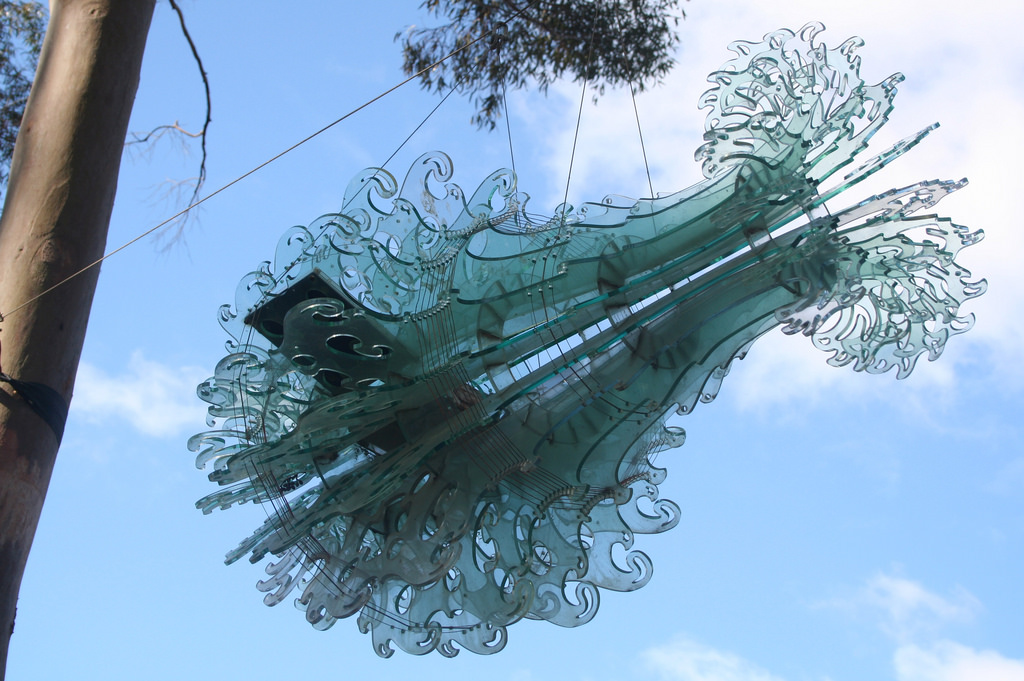Wes Stein
David Santo Tomas Menocal
Dr Judith Reinhard
Dr Jonas Rupp
Dr Jose M Barrero
 CSIRO Agriculture and Food
CSIRO Agriculture and Food
Dr Jose Maria Barrero is studying the molecular mechanisms controlling seed dormancy using the model plants Arabidopsis and barley. Understanding seed dormancy is important as low dormancy of commercial wheat varieties is a key factor contributing to pre-harvest sprouting in wheat, a major problem in agriculture. With his research, Dr Barrero and his team aim to reduce pre-harvest sprouting in wheat.
Background: Dr Barrero completed his Doctorate in the Miguel Hernandez University, Spain, where he worked in leaf development and salt-resistance using the model plant Arabidopsis. He came to Australia in 2006 to join the CSIRO seed dormancy group lead by Dr Frank Gubler as a Postdoctoral fellow. He became Team Leader in 2015.
Academic qualifications: Dr Barrero was awarded a Bachelor in Environmental and Marine Biology from the University of Alicante, Spain in 2000. In 2005, he obtained his Doctor of Philosophy in Plant Genetics from the Miguel Hernandez University.
Prof Luis Salvador-Carulla
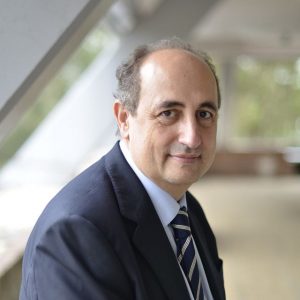 Centre for Mental Health Research, ANU
Centre for Mental Health Research, ANU
Luis Salvador-Carulla is the head of the Centre for Mental Health Research at the Research School of Population Health, Australian National University (ANU) in Canberra (Australia). He has been advisor to the Government of Catalonia (Spain), the Spanish Ministry of Health, the European Commission (EC) and the World Health Organisation (WHO). His research has been focused in developing decision support systems in health and social policy, including tools for analysis of technical efficiency and benchmarking, indicators for health policy analysis and priority setting in mental health and in disability. He has coordinated the Integrated Atlas of Mental Health Project for mapping mental health services in over 30 local areas around the World. He received the Leon Eisenberg Award of the Harvard Medical School in 2012 for his contributions in the field of developmental disorders.
Prof Andres Cuevas
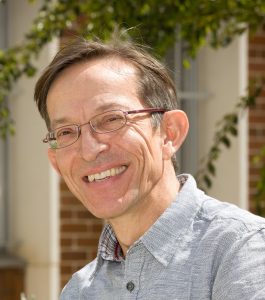
Andres Cuevas, Fellow IEEE,PhD (Universidad Politécnica de Madrid, 1980), M Eng (Telecommunications, U. Pol. Madrid, 1976) has held academic positions at the universities of Madrid (PhD 1980), Stanford (Fulbright Fellow 1989) and ANU (since 1993). He has contributed to the scientific and technological advancement of silicon solar cells via more than 20 research projects and 330 publications. His work spans from the pursuit of the fundamental limits to bulk and surface recombination in crystalline silicon to the development of advanced device structures and fabrication processes. His current research focuses on carrier-selective, passivated contact systems and heterojunctions for a new generation of high performance silicon solar cells.
Prof Carola Garcia de Vinuesa
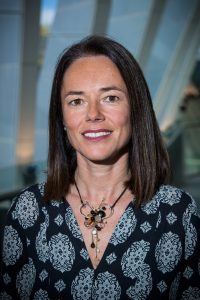 Department of Pathogens and Immunity, ANU
Department of Pathogens and Immunity, ANU
Carola Vinuesa was born in Spain and obtained a medical degree at the University Autonoma of Madrid. She undertook specialist clinical training in the UK and in 2000 was awarded a PhD by the University of Birmingham. A year later she was the recipient of a Wellcome Trust International Travelling prize Fellowship to do postdoctoral work at The John Curtin School for Medical Research in The Australian National University. Her work led to the discovery of genes important for immune regulation and memory and the identification of a novel pathway of posttranscriptional control of gene expression to prevent autoimmunity. Since 2006 she has been leading the Humoral Immunity and Autoimmunity Group at ANU supported by a Viertel Senior Medical Research Fellowship. Her group identified a critical role for follicular helper T (Tfh) cells in autoantibody-mediated autoimmune diseases and contributed to the characterization of this subset and elucidation of their transcriptional regulation. She is currently investigating the mechanisms that regulate Tfh cells and germinal center selection. In 2008 she was awarded the Science Minister’s Prize for Life Scientist of the year and in 2009 the Gottschalk Medal of the Australian Academy of Sciences. She is currently Professor of Immunology at the Australian National University and Head of the Pathogens and Immunity Department.
Dr Marina Trigueros
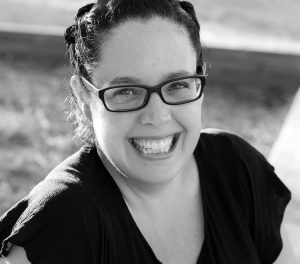 SRAP representative in Canberra and Founder of Cariboo Design
SRAP representative in Canberra and Founder of Cariboo Design
Dr Marina Trigueros was born in Spain and obtained a biology degree at the University of Alicante. She obtained a PhD degree in Plant Molecular Biology at the Polytechnical University of Valencia. She joined the National Centre of Biotechnology in Madrid as a postdoctoral fellow. She came to Australia in 2011 to join the CSIRO hybrid vigour and epigenetic group lead by Dr Liz Dennis as a Postdoctoral fellow. Dr Marina Trigueros is also the Founder of Cariboo Design, a graphic design studio devoted to scientific illustration. She has a broad experience in scientific research, and the ability to convert scientific language to a more understandable message, making it visually attractive to others. Marina has a sound knowledge of integrating digital technologies, and creative messaging, form & functionality. She has advanced skills across all aspects of UX/UI, frontend web development and backend technical project management. Portfolio is available at http://www.cariboodesign.com/
